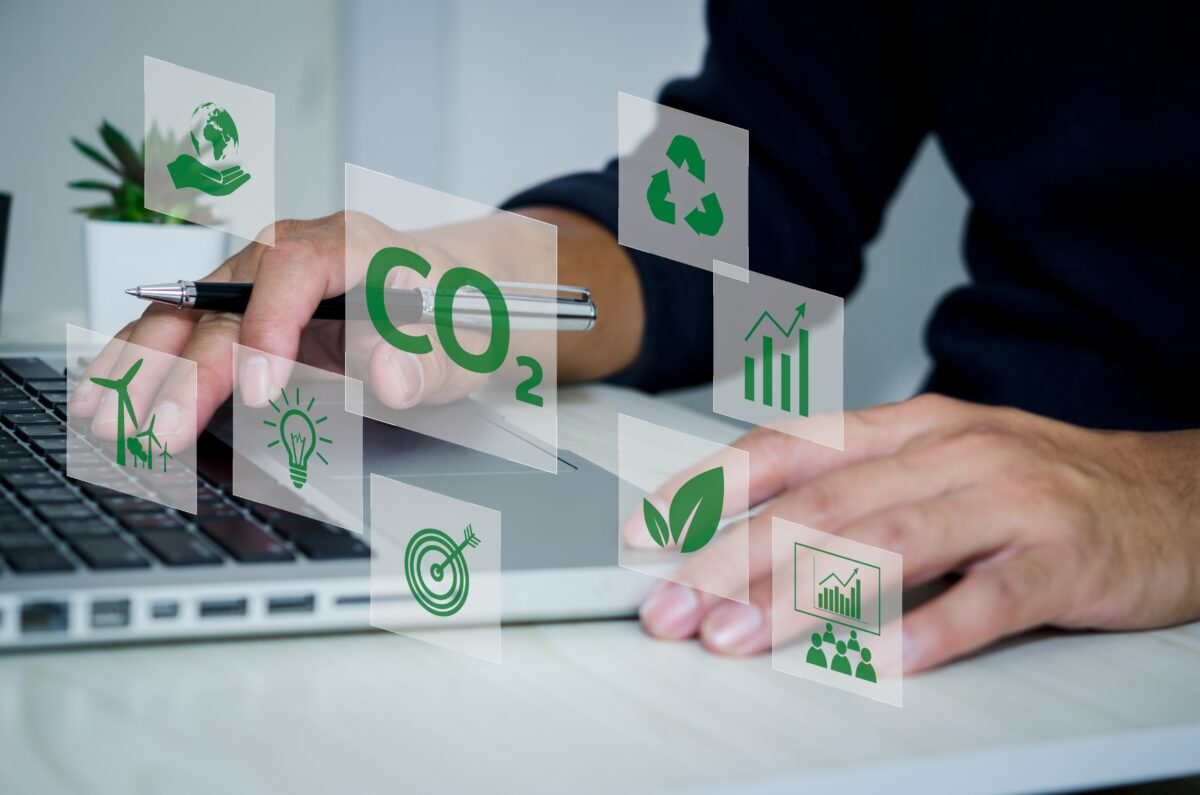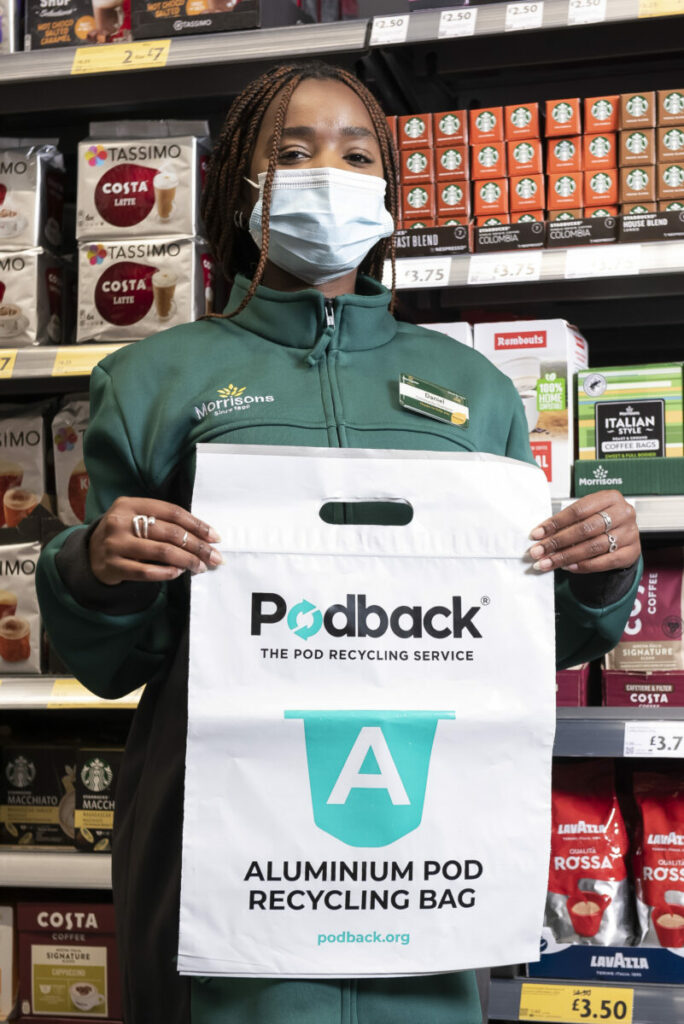Global chemical initiative Together for Sustainability (TfS) has released a white paper which explores challenges and potential solutions for creating more efficient methodologies of calculating emissions.
The ‘Improving and Harmonising Scope 3 emissions’ paper makes suggestions around how recycled materials and biomass can be integrated into chemicals, the positive effects of a circular economy, and biogenic carbon sources produced from natural sources like trees.
It comes after the collective, which includes 50 chemical groups, released a Product Carbon Footprint Guide last year in which it identified several improvements in corporate greenhouse gas accounting.
Carbon accounting is a way of calculating how much greenhouse gas emits, rather like financial accounting allows a business to understand where its expenditure comes from carbon accounting allows a business to understand where its carbon footprint originates from.
One example highlighted by the paper of where the process could be improved is the case of bioethanol, which is derived from sugar cane. The naturally occurring item is used in many sectors from transport to textiles as a less carbon intensive solution.
However, as the emissions savings are not always shown in traditional carbon accounting methods, the TfS paper recommends using a +1/-1 approach that records every tonne emitted as a negative impact, and every tonne removed as a positive impact.
Subscribe to Sustainability Beat for free
Sign up here to get the latest sustainability news sent straight to your inbox everyday
The paper comes as chemical and petrochemical industries are often accused of not doing enough to reduce emissions and tackle harm caused to the environment, while big names like INEOS have at times been accused of greenwashing.
“This White Paper represents a significant step forward in our collective efforts to address the challenges of carbon accounting in the chemical industry,” said Director of Sustainability Methods at BASF Peter Saling.
“Using biogenic carbon sources as an example, the current approach for calculating carbon emissions for purchased goods and services in the corporate accounting doesn’t consider the carbon removed from the atmosphere in the so-called category 3.1.”
“Our recommendation is to adopt the more meaningful approach that considers carbon uptake at the beginning of a lifecycle and, depending on the process the consideration of the emissions as well”.















